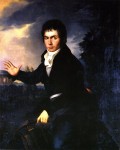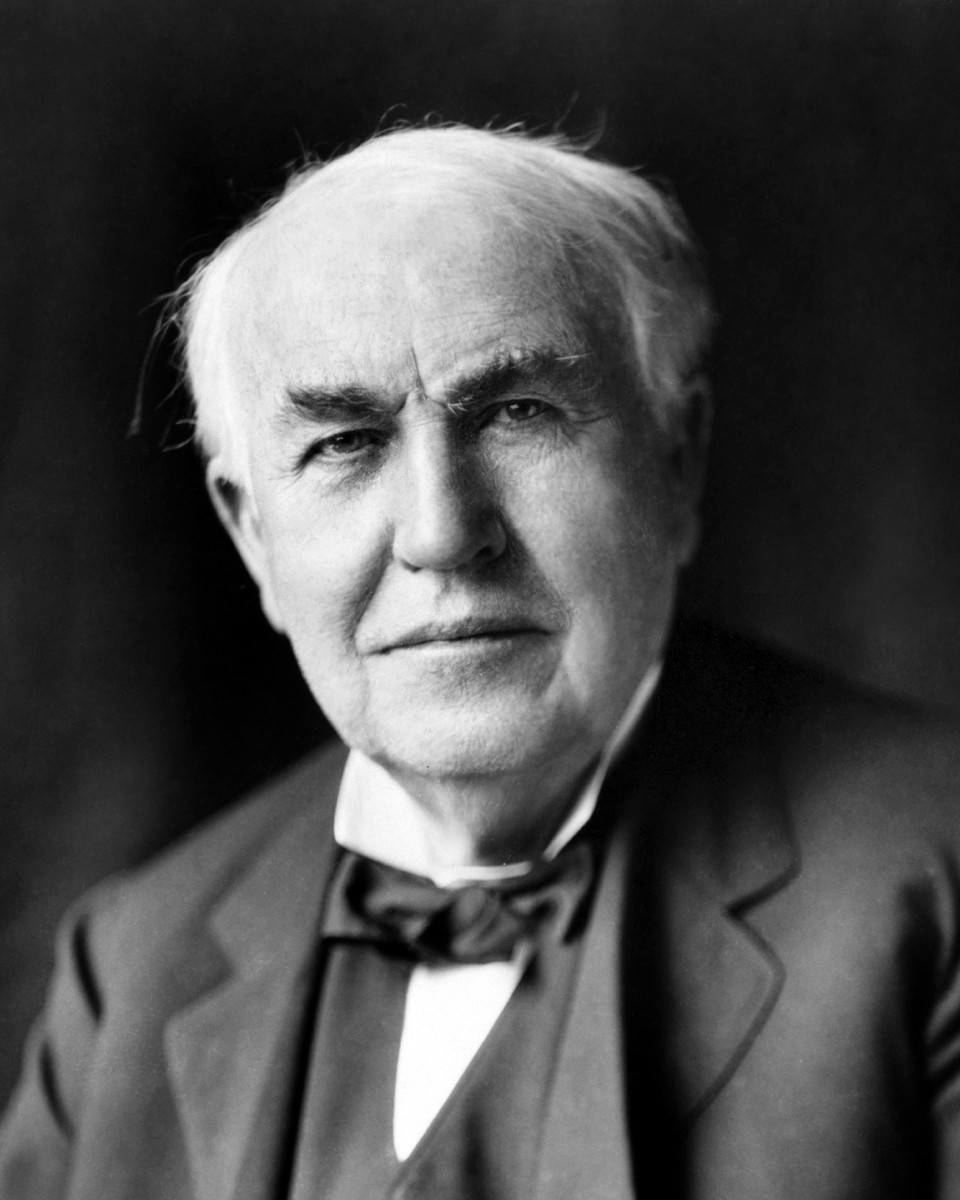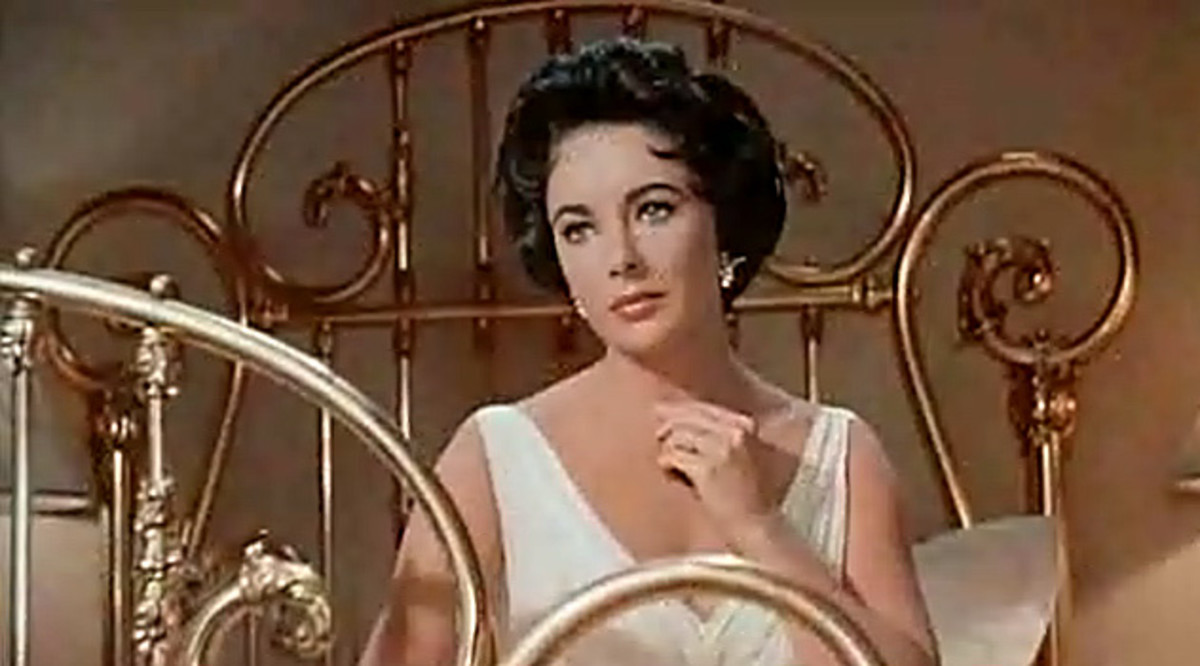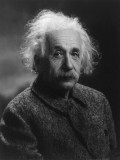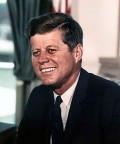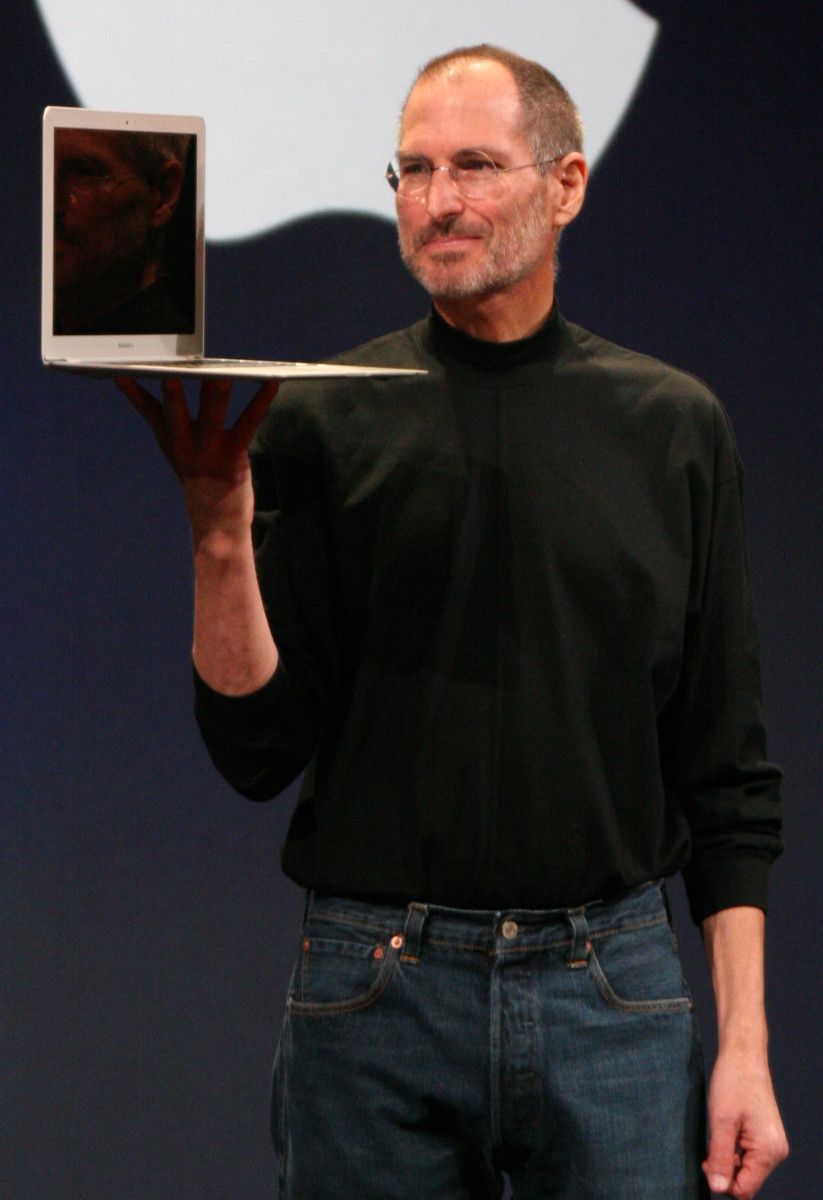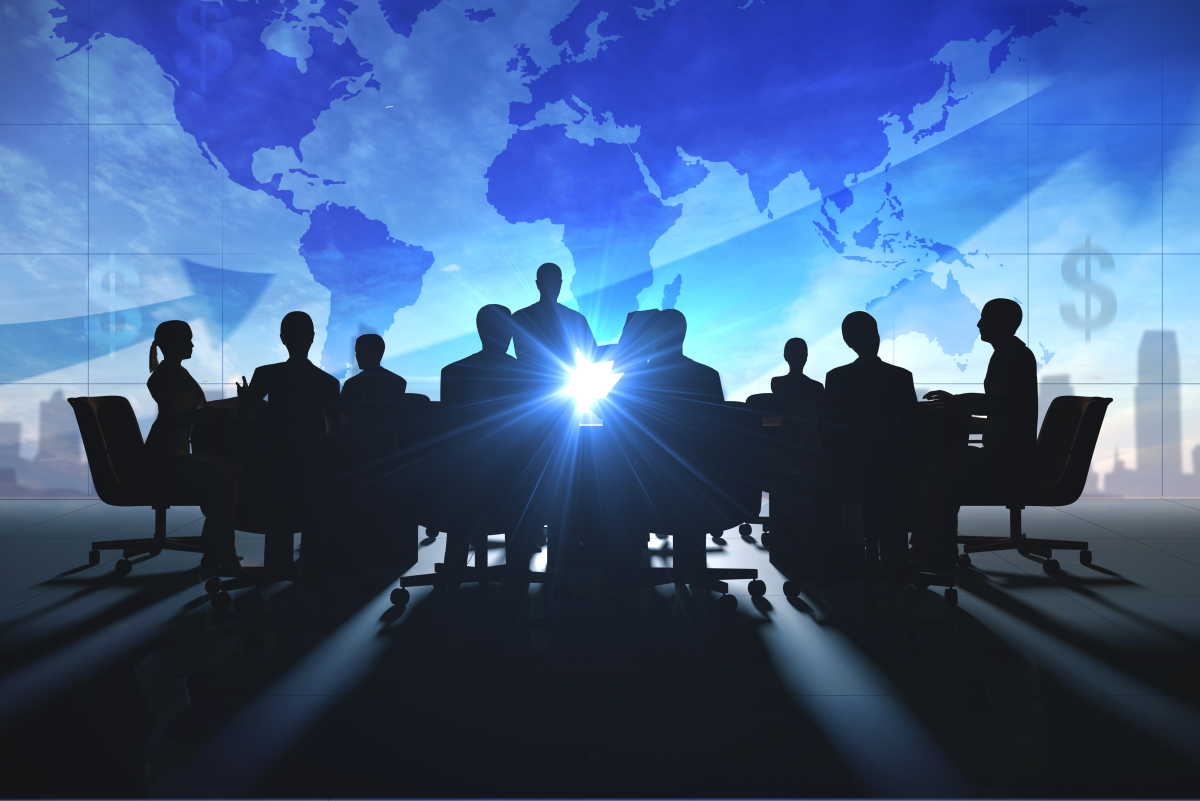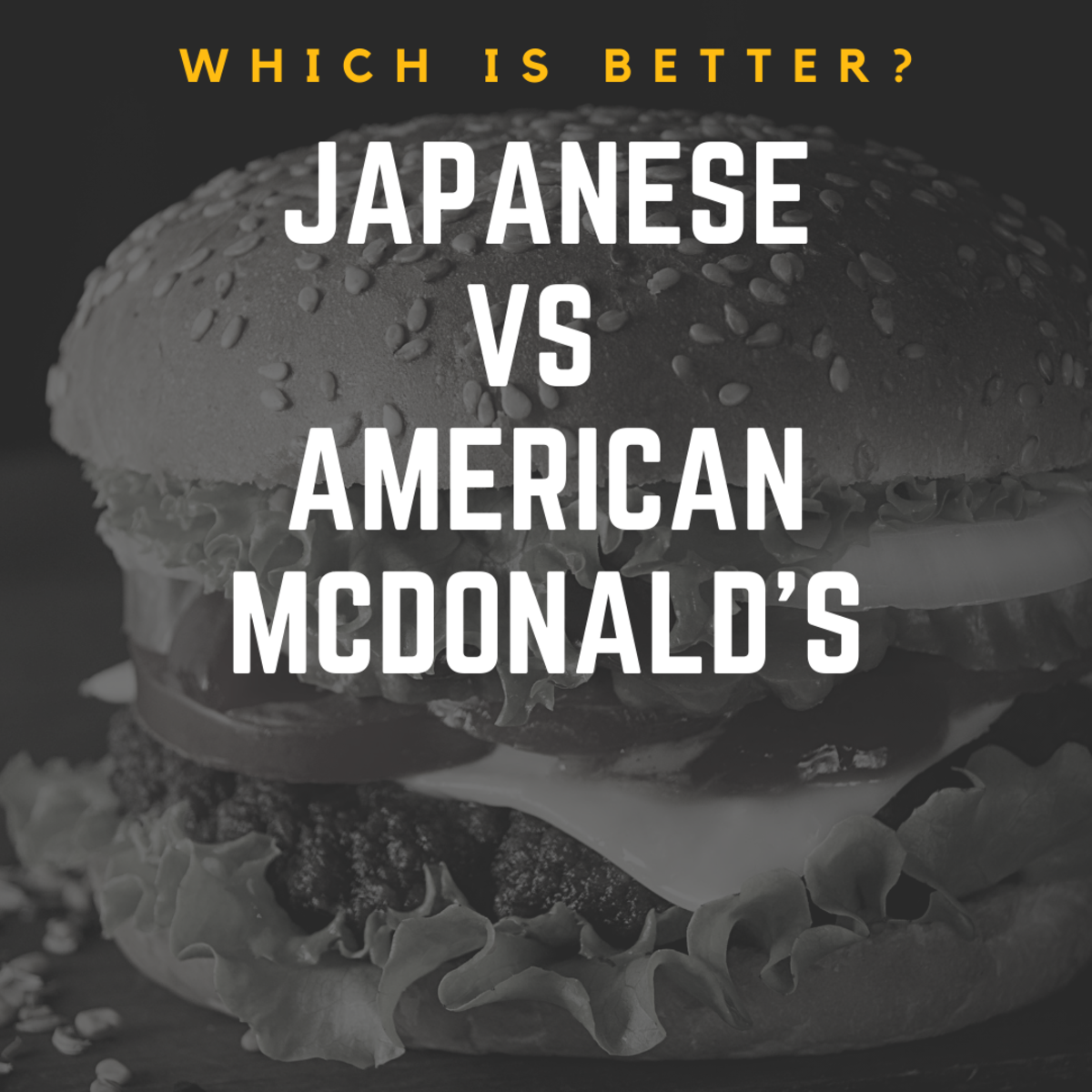Five Interesting Facts About Thomas Edison That You Probably Didn't Know
They called him the Wizard of Menlo Park and the Inventor of the Age. With 1,093 patents to his credit -- the largest number for any American -- Thomas Alva Edison was the symbol of innovation and the standard against whom all others are compared.
We know about the phonograph and the lightbulb, about Fred Ott's sneeze being captured on film, and about geniuses having perspiration issues. Here are some fun and interesting facts about Thomas Edison that you probably didn't know.
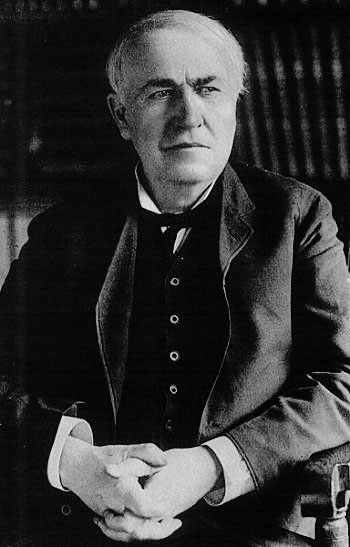
1. His First Patented Invention Was a Commercial Flop
Not all of Edison's ideas were gems. His very first patent -- number 90,646, issued on June 1, 1869 -- was for an electromechanical device to be used to record votes in various legislatures. It was an elaborate affair involving rollers and special chemically-treated paper, but Edison believed he was on solid ground because similar devices had been used in telegraphy and he had read that the New York State Legislature, for one, was seriously considering a vote-recording system.
Unfortunately, when Edison went to market the thing, he discovered that no one was interested in a device that would record votes more efficiently. If anything, what legislators wanted was a way to slow the process down so that they could get those last-minute votes. From that point on, Edison decided he would never invent anything without investigating its commercial viability.
2. He Worked on the Telephone, Too
Some inventions, like Velcro or the microwave oven, enjoy an Aha! moment when someone makes a discovery and tries to turn it into a product that has some commercial viability. Other inventions only come about by trial and error -- then, typically, more trial and more error. There are plenty of patented inventions that aren't much more than taking someone else's idea and taking it a few steps further.
The incandescent light falls into this category. Edison was clearly not the first to have the lightbulb go off in his head -- well, about lightbulbs. That honor goes to Sir Humphrey Davy, who came up with a working incandescent light in 1802, 45 years before Edison was born. What Edison did was play with the components until he hit upon a combination that would produce light for a lot longer. And unlike most of his contemporaries, he gave some thought about a delivery system -- how to put that light into people's homes cheaply and efficiently.
Another area where Edison's work consisted largely of improvements to existing technology was the telephone. The inventor of record for that device was Alexander Graham Bell, who famously beat out Elisha Gray for the patent by mere hours. Bell's original invention, however, had some serious drawbacks, chief among them being the fact that it was only usable across relatively short distances. Edison worked to improve that and received numerous telephone patents, most significantly for the carbon microphone, which was state-of-the-art for telephones for 100 years.
3. He Sometimes Ate Very Little
Edison's penchant for sleeping only a few hours a night and refreshing himself with catnaps during the day is well-known. Less well-known is the fact that for much of his life he got by on very little food as well. Like his father and grandfather before him, he was a follower of Luigi Cornaro, a Sixteenth Century Venetian nobleman who taught the values of restricting caloric intake. Cornaro's system must have worked -- at least for Cornaro. He died at age 98.
Edison applied Cornaro's principles in a number ways that might strike us as odd. At one point, for example, his daily diet consisted of fourteen glasses of milk -- and nothing more. He said it helped his stomach. Perhaps that was true -- but it made his diabetes worse, and it taxed his kidneys. He also rarely drank water.
4. He Was a Player in the Cement Industry for Over 30 Years
Ask the average person to name an invention by Thomas Edison and the answer you'll most likely get is one of the Big Three: the phonograph, the incandescent light, and the motion picture camera. But Thomas Edison invented a ton of other stuff that few people today realize he had any connection to. The stock ticker and the mimeograph are two better-known examples, but he also sought patents on such diverse things as the manufacture of plate glass and the creation of artificial pearls.
For about 10 years he tried to develop an electric car built around a storage battery that could take it about 100 miles without recharging. Another interest he had was mineral extraction, trying to develop various means of obtaining iron, gold, and tellurium and other elements more cheaply or more energy-efficiently than what was being done currently and turning those processes into viable commercial ventures. Toward the end of his life he also was on a quest to discover alternative sources of natural rubber.
One of his forays that seems most un-Edisonlike was his journey into the cement business. His interest in began as an offshoot from his mining business, a by-product of which was dry sand. At first he tried selling it until he thought it might be better to get into the business himself. With seven other investors he formed the Edison Portland Cement Company.
One of his first innovations was to build a rotary kiln that was about twice as long as the industry standard, capable of producing 1,000 barrels of clinker a day vis-a-vis the 200 barrels per day from existing technology. His rotary kiln became state-of-the-art.
The more involved Edison got with cement, the more he seemed to like it, becoming almost evangelistic about its wonders. At one point he even tried to build pre-fabricated cement houses as an inexpensive means of sheltering the poor. Unfortunately, he had problems figuring out how the molds would work, so that particular application never went very far. He did, however, build some concrete phonograph cabinets and even figured out how to make a concrete piano.
Despite its innovations, the Edison Portland Cement Company eventually went under, a victim of the Great Depression. One of its more successful ventures, however, was supplying the cement for the old Yankee Stadium in 1922.
5. His Relationship with His Children Was Strained
Thomas Edison was married twice: first to Mary Stillwell, then, after her death, to Mina Miller. Each marriage produced three offspring. With Mary he had a daughter Marion, and two sons, William and Thomas, Jr. With Mina he had Madeleine, Charles and Theodore.
Admittedly, it could not have been easy being a child of Thomas Edison. ("Your dad has over a thousand patents. What have you done with your life?") It certainly didn't help that Edison was away a lot. He was either working in his lab or out of town attending to one of his commercial ventures. His children also attended boarding school.
Edison was very protective of his name. He didn't want it attached to any commercial opportunity he didn't believe in. Thus when William tried to open the Edison Garage near Washington, D.C., his father was afraid it would look like the elder Edison was suddenly endorsing gasoline-powered cars. Even worse, Thomas Junior -- precisely because he was Thomas Junior -- had all sorts of people wanting to drag him into questionable business opportunties. It got so bad at one point that Thomas Senior threatened him with legal action if he didn't stop using the Edison name.
Theodore and Charles apparently did better. Theodore attended MIT and became an inventor in his own right, with 80 patents to his name. Charles served as the governor of New Jersey during World War II.

